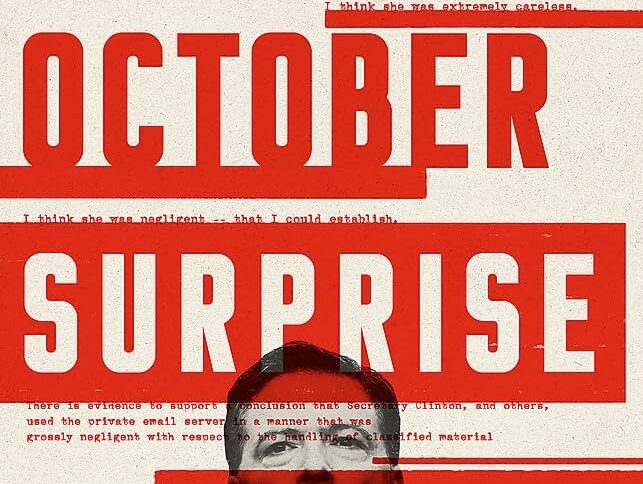Military Moles: Does the U.S. military have an espionage problem?
Accused turncoat Korbein Schultz allegedly told his handler he “wished he could be Jason Bourne” and needed money ”to get my other BMW back.”
A spate of cases in the news in recent weeks highlighted the vastly different methods and means that foreign spies are enlisting members of the U.S. military to steal secrets.
Money appeared to have motivated Army Sgt. Korbein Schultz, who was charged with selling secrets in an indictment unsealed Thursday. An intelligence analyst who told his unidentified handler that he “wished he could be Jason Bourne,” according to the indictment, Schultz is accused of using his Top-Secret clearance to download sensitive information related to a variety of U.S. military weapons systems and the U.S. defense of Taiwan. Schultz was allegedly paid $42,000 for the documents. “I need to get my other BMW back,” the 24-year-old told his handler, who claimed to be a Hong Kong-based geopolitical consultant, according to the indictment. .
Love appears to have been the motive for David Slater, a civilian Air Force employee arrested last weekend for sharing classified information on a foreign online dating platform to a woman who called him her “secret informant love.”
Slater, a 63-year-old retired Army lieutenant colonel, provided information from top-secret briefings he attended on Russia’s war with Ukraine with someone claiming to be a woman living in Ukraine, prosecutors said. Slater worked at U.S. Strategic Command at Offutt Air Force Base in Nebraska, which primarily oversees nuclear weapons.
Prosecutors say Slater’s correspondent “regularly asked” him for closely held information, which he provided from February 2022 to April 2022.
“Dear, what is shown on the screens in the special room?? It is very interesting,” Slater was asked in March 2022, according to an indictment. The following month, Slater’s correspondent thanked him for spilling secrets. “Sweet Dave, the supply of weapons is completely classified, which is great!”
Former CIA officer Doug London pointed out that prosecutors did not identify the foreign power behind this “virtual honeytrap.” “Does the omission suggest a US ally rather than Russia (or China), which both often use this methodology to target Americans?” London asked on X.


